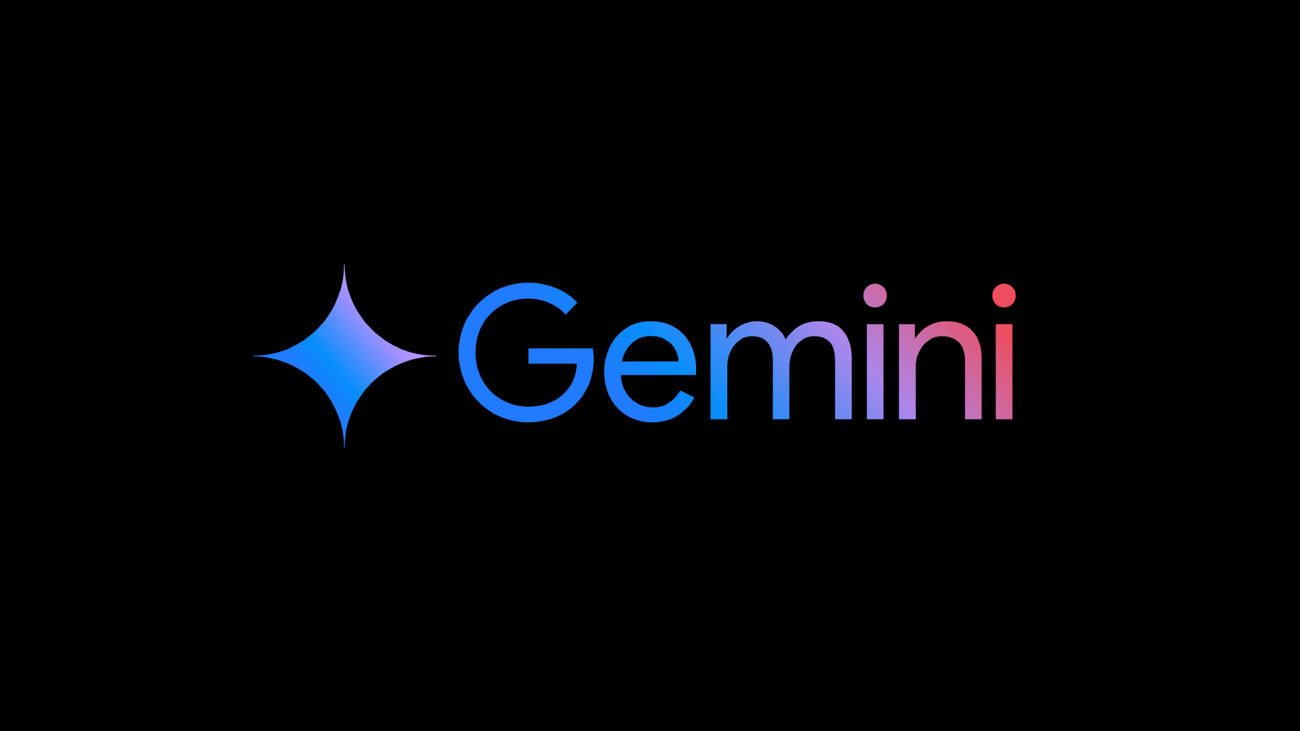 The beauty industry has always thrived on storytelling — but in 2025, consumers are looking beyond glossy campaigns. They want proof. Proof that their products are safe, sustainably sourced, and aligned with the values they care about. Ingredient transparency has moved from a “nice to have” to a brand-defining expectation.At Actera Ingredients, we spend a lot of time thinking about what tools will help brands deliver that transparency. That’s why Google’s new Gemini AI has caught our attention. While the headlines mostly frame Gemini as a competitor to ChatGPT, its potential for the cosmetics space is far more interesting than a chatbot comparison.
The beauty industry has always thrived on storytelling — but in 2025, consumers are looking beyond glossy campaigns. They want proof. Proof that their products are safe, sustainably sourced, and aligned with the values they care about. Ingredient transparency has moved from a “nice to have” to a brand-defining expectation.At Actera Ingredients, we spend a lot of time thinking about what tools will help brands deliver that transparency. That’s why Google’s new Gemini AI has caught our attention. While the headlines mostly frame Gemini as a competitor to ChatGPT, its potential for the cosmetics space is far more interesting than a chatbot comparison.
Why Transparency Matters More Than Ever
Clean beauty and regulatory changes have already pushed brands to publish detailed ingredient lists. But that’s only the beginning. Today’s consumers want to know:
- Where did this ingredient come from?
- Was it sustainably sourced?
- Are there ethical or environmental concerns in the supply chain?
- How does it compare to alternatives?
The challenge isn’t just sharing this information — it’s organizing it in a way that’s accurate, credible, and easy to digest. This is where AI models like Gemini come into play.
How Gemini Could Change the Game
Unlike earlier AI systems, Gemini is designed to be multimodal. That means it can work with text, images, and even datasets simultaneously. For cosmetics, this opens up some practical use cases:
- Smart Ingredient Profiles: Aggregate regulatory data, sourcing certifications, and scientific research into a single, consumer-friendly ingredient summary. Imagine a QR code that shows a clear, sourced profile for every ingredient.
- Supply Chain Insights: Analyze supplier data quickly to spot risks (like deforestation or labor concerns) before they become PR crises.
- Consumer Education: Reframe technical ingredient science into simple, digestible explanations — tailored for different audiences.
Balancing Promise with Practicality
AI isn’t a silver bullet. Transparency must always be backed by real, verifiable data. Gemini can make that data more accessible and usable, but the responsibility still lies with brands to:
- Maintain auditable supply chain records
- Partner with credible ingredient suppliers (that’s our lane at Actera)
- Use AI to clarify, not to overpromise or greenwash
The brands that get this balance right will earn lasting trust. The ones that don’t will be called out faster than ever.
 What’s Next for Beauty Brands
What’s Next for Beauty Brands
As we look ahead, the convergence of AI innovation and consumer demand for transparency will reshape how ingredient stories are told. Gemini isn’t just a buzzword; it’s part of a shift toward smarter, more connected ways of handling information.
At Actera Ingredients, we see this as an opportunity. By pairing science-driven sourcing with emerging tools like Gemini, cosmetic brands can not only meet transparency expectations but turn them into a competitive advantage.
The bottom line? Transparency isn’t just about compliance — it’s about connection. And the brands who use technology thoughtfully to tell their ingredient stories will be the ones that truly resonate.
FAQs
What does cosmetic ingredient transparency mean?
Cosmetic ingredient transparency is about giving consumers clear, accurate, and accessible information about what goes into beauty products — including sourcing, sustainability, and safety details. It goes beyond listing ingredients on a label and builds trust by showing the full story.
How is Gemini AI different from other AI tools in beauty?
Unlike earlier models, Gemini is multimodal — it can analyze and connect text, images, and datasets. For beauty brands, that means it can bring together ingredient sourcing data, regulatory information, and consumer-friendly explanations in one place.
Why is ingredient transparency important for beauty brands today?
Consumers are more educated and values-driven than ever. They want to know if ingredients are safe, sustainable, and ethically sourced. Transparency isn’t just about compliance — it drives brand loyalty and competitive advantage.
Can AI like Gemini replace compliance and quality assurance?
No. AI can make transparency easier to manage and communicate, but it doesn’t replace regulatory compliance or quality checks. Brands must still maintain auditable supply chain records and verify claims with trusted suppliers.
How could Gemini improve consumer trust in cosmetics?
Gemini can simplify technical ingredient data into consumer-friendly explanations, highlight sustainability credentials, and help brands avoid greenwashing. Used responsibly, it supports open, clear communication that strengthens trust.
What steps should beauty brands take to prepare for AI-driven transparency?
Start by ensuring your supply chain and ingredient data are well-documented and credible. From there, explore AI tools like Gemini to make that data more accessible — both internally and for customers. Partner with suppliers who prioritize traceability and sustainability to maximize impact.

